Cost of land in Kiambu — updated 2025 price ranges, neighbourhood breakdown (Ruiru, Kikuyu, Thika, Kabete), Kiambu vs Machakos comparison, financing options, buying checklist, and legal tips. Discover plots for sale, price trends, and how to invest wisely in Kiambu County.
Introduction: Cost of land in Kiambu today
The cost of land in Kiambu varies widely depending on location, plot size, infrastructure, and road access. Recent listings show plot prices from a few hundred thousand shillings to tens of millions. If you’re planning to buy or invest in Kiambu land, this guide will walk you step by step.
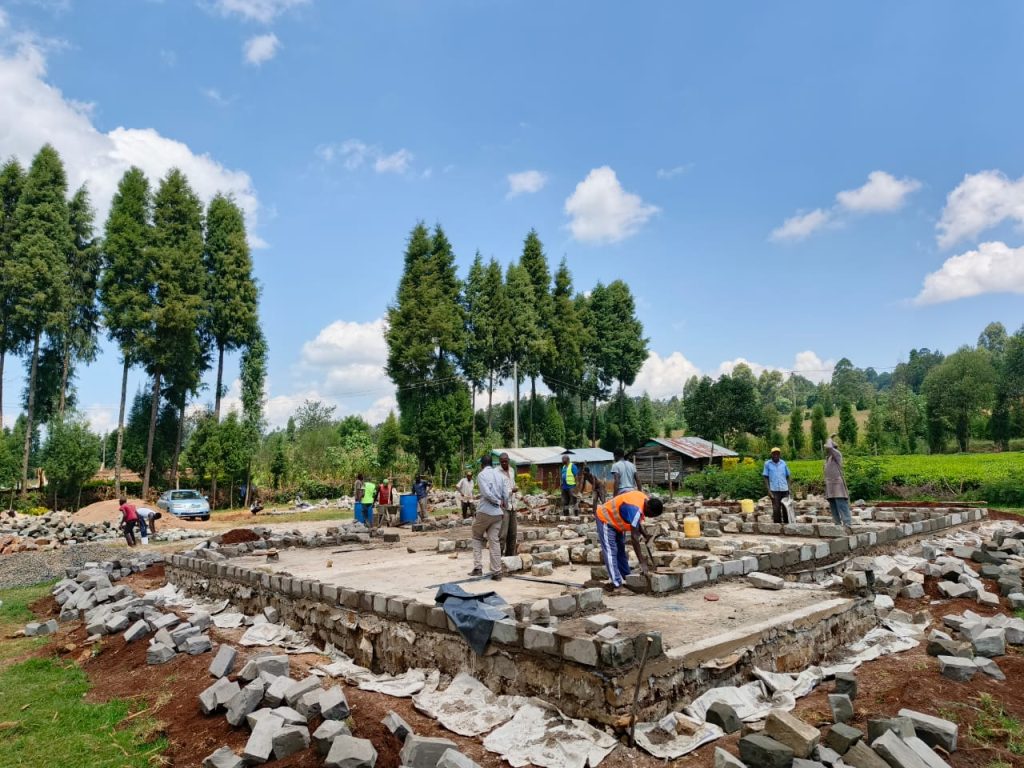
Kiambu price overview: current ranges & what to expect
Current average listing data suggests that land in Kiambu trades around KSh 5,200,000 in many parts. In more premium areas or close to major roads, half-acre and full-acre lands command much higher rates.
Expect wide variation: from under KSh 400,000 in remote parts to over KSh 55,000,000 in prime zones. Factors like proximity to Nairobi, utilities, and title status heavily affect the cost.
Typical plot sizes & price bands in Kiambu
Plots sized 50×100 ft (≈ 0.12 acres) often list between KSh 1,300,000 in outer zones and KSh 4,000,000+ in better areas. A quarter-acre (≈ 1,000 m²) in Gikambura, Kikuyu, goes for KSh 4–6 million or more.
Half-acre and full-acre plots in proximity to tarmac roads or estates may sell for KSh 15–25 million+. Large farmland or prime development land could reach even hundreds of millions per large plot.
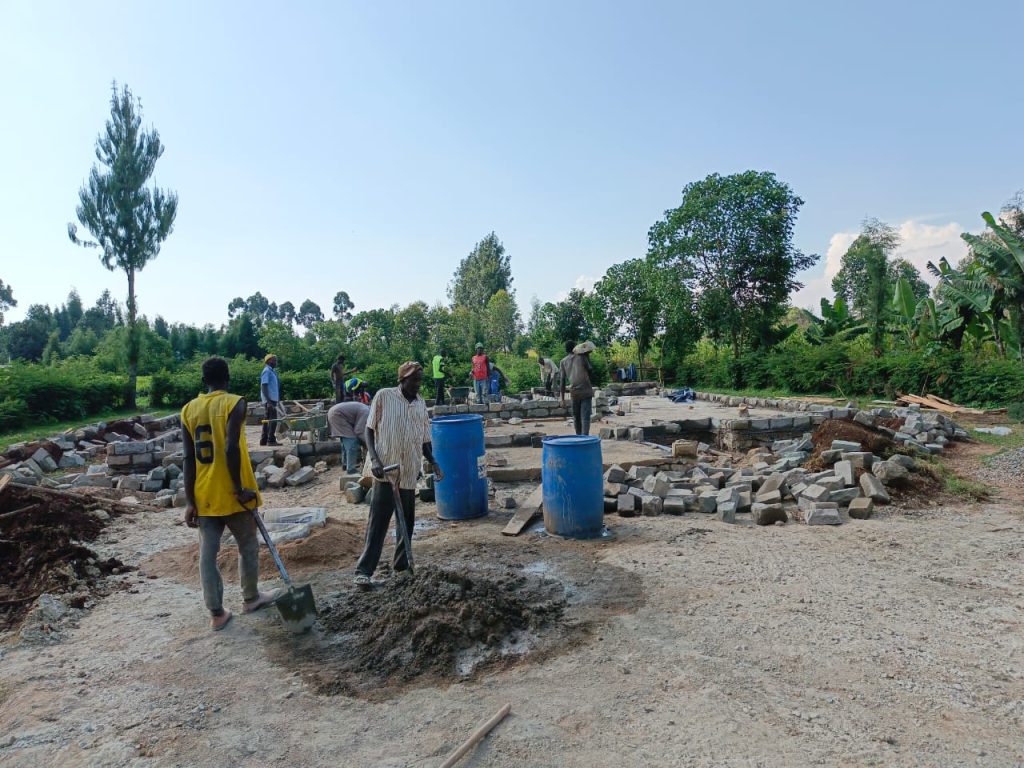
Price by neighbourhood: Ruiru, Kikuyu, Thika & more
Land buyers often ask: Which Kiambu suburb gives the best value? Below is a snapshot of some popular zones. Ruiru & Kamakis (commuter suburbs)
These are the favourite choices for working Nairobi commuters. Plots near Thika Road in Ruiru begin from KSh 1.3 million for small sizes, rising to 5–10 million nearer to roads. Kamakis and neighbourhoods just off main arteries command a premium because of access to shopping and schools.
Development demand is high, so prices tend to appreciate faster.
Kikuyu & Gikambura / Kabete
In Gikambura, a 500 m² (≈ 0.12 acre) plot averages KSh 5.3 — 5.7 million. Full-acre or larger plots in posh zones like Kabete or near Limuru may run tens of millions.
These zones often attract higher-income buyers seeking premium residential land.
Thika, Kiambu Town & connecting corridors, Plots in Thika or along the Thika corridor show a mix of commercial & residential land demand. Many plots here are offered in KSh 3–8 million for moderate sizes.
In Kiambu Town, a 0.13-acre Migaa Estate lists at KSh 6.6 million. Corridor parcels linking to major roads command a premium.
Related post: Verify Title Deed Kenya
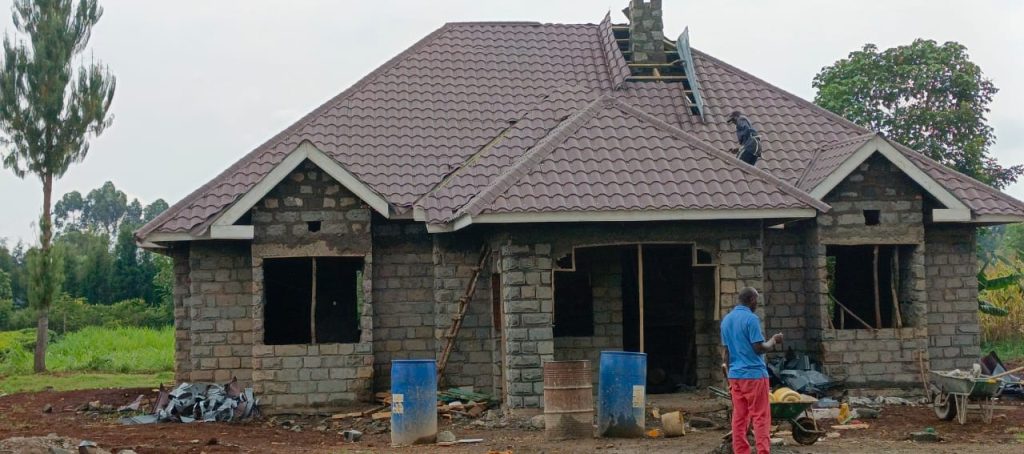
Kiambu vs Machakos: Which offers better value?
If your budget is tight, you might wonder whether land in Machakos beats Kiambu in value. Let’s compare.
Price comparison & averages
In Machakos, average land listings hover around KSh 7,000,000, with extremes from KSh 450,000 to KSh 249,000,000. Residential land in Machakos Central may list in the KSh 450,000 to KSh 5,000,000 range. Plots in Konza City (Machakos) start from ~KSh 600,000 for small parcels.
Infrastructure, connectivity & growth prospects
Machakos’ advantage is cheaper land further from Nairobi, but commuting costs may eat into gains. However, Konza, Mua Hills, and Kitengela expansions are pushing infrastructure outward into Machakos. Kiambu remains closer, with better transport links, so that capital appreciation may be steadier.
How to evaluate a plot in Kiambu (buyer checklist)
Before you commit cash, you need to check the legal and physical aspects carefully.
Title deed verification & legal checks
- Visit the Lands Registry (Ardhi) to confirm the original title deed, owners, and caveats.
- Check for duplicate or forged titles or multiple claims — a common red flag.
- Get a search certificate and ensure the seller has original documents.
- Use a qualified lawyer to cross-check all documents.
Physical inspection & red flags
- Drive to the site and inspect access roads, drainage, and slope.
- Check whether water and electricity lines are nearby or already connected.
- Look for boundary markers, fences, or neighbouring developments.
- Avoid plots suffering from flooding, steep terrain, or without legal access.
Related post: How to Buy Land in Kenya: A Safe, Complete Step-by-Step Guide
Financing & payment options in Kiambu
You don’t always have to pay full cash. Here are options and tips—cash, instalments & developer plans. Many developers offer instalment payment plans with down payments and monthly instalments. Some agents advertise “pay in 6 / 12 / 24 months” terms. SACCOs or cooperatives may also offer land financing. But be careful: read the terms (interest, penalties, default clauses).
Bank financing & negotiation tips
Banks often limit loans on bare land or non-developed plots. You may be required to have collateral (existing property) or be in salaried employment. When negotiating, ask for lower interest, flexible deposit or longer grace periods. Get all terms in writing and involve your lawyer.
Related post: Cost of an Architect to Draw House Plans in Kenya
Investment potential & ROI case studies
When you know the cost of land in Kiambu, how much can you expect in returns? Short-term flip vs long-term hold. If you hold a plot for 3–5 years in a growing suburb, you may see 10-20% annual increases.
Flipping (buy low, sell soon) requires good timing and market knowledge. Long-term holding is safer, especially near infrastructure corridors. Sample case: ¼ acre in Ruiru. Imagine buying a ¼ acre in Ruiru for KSh 4 million today. If prices grow 12% per year, after 5 years, it may sell at ~KSh 7 million+. Subtract costs (legal, holding, taxes) and you see real net gain.
Related post: How to Avoid Land Fraud in Kenya: A Step-by-Step Guide
Where to find land for sale in Kiambu
Verified online platforms & portals. Use portals such as PropertyPro Kenya, KenyaPropertyCentre, BuyRentKenya, Hata, and Jiji for fresh listings. Filter by “serviced plots”, “title deed”, and “near tarmac” options.
Check listing dates (avoid stale ones). Watch for contact info and seller/agent credibility. Working with local agents & referrals. Go to the local Kiambu estates offices or real estate agents.
Ask for references and previous deals. Visit the sample plots they sold. Always confirm through legal channels, not just agent assurances.
Extra costs & taxes when buying land in Kiambu
The purchase price is only part of what you’ll pay. Stamp duty, registration & legal fees. Stamp duty is typically 4% of the land value (check county rules). Registration, search fees, and transfer charges vary by county.
Legal fees (lawyer, conveyancing) could run 1–3% of the price. Agent commission, if used, is often 2–5%. Holding costs & maintenance. You may pay land rates (county property tax) or security costs. Fencing, clearing, and demarcation all cost money. If the plot is idle, the opportunity cost of capital ties up your funds. Plan for annual costs in your budget.
Conclusion: Why the cost of land in Kiambu is worth understanding
Understanding the cost of land in Kiambu gives you negotiating power and protects your investment. With proper due diligence, you can spot undervalued plots and avoid scams. Use the neighbourhood data, financing tips, and checklist from this article to make a confident decision. Let Kiambu’s growth trends and proximity to Nairobi work in your favour — but always act wisely.
Related post: House Designs in Kenya and the Cost.
Frequently Asked Questions (FAQ)
- How much does ¼ acre cost in Kiambu in 2025?
Prices vary by location, but in many Kiambu suburbs, ¼ acre may go for KSh 3–8 million depending on services and road access.
- What is the price per acre in Kabete and Kikuyu?
In prime Kabete/Kikuyu zones, an acre can sell for tens of millions of shillings due to high demand and infrastructure.
- Are there instalment plans for buying land in Kiambu?
Yes — many developers and agents offer 6- to 24-month instalment plans, but terms vary and you should read the contract carefully.
- How do I verify a Kiambu title deed before paying a deposit?
Visit the Lands Registry (Ardhi) to demand the original title, run a search, check for caveats, and use a lawyer to confirm authenticity.
- Is Machakos cheaper than Kiambu for residential land?
Generally, yes, Machakos listings often start lower, especially farther from Nairobi — but growth prospects and commute costs matter too.
- What extra fees should I budget besides the purchase price?
Expect stamp duty (~4%), legal/conveyancing fees, registration costs, agent commissions, and annual holding costs.
- Can banks finance bare land purchases in Kiambu?
Often, banks restrict loans on undeveloped land. You may need collateral or to use developer/masterplan financing instead.
- Which Kiambu areas have the highest growth potential over the next 5 years?
Zones along Thika Road, Tatu City, Kabete/Limuru corridor and areas close to planned infrastructure expansions tend to show strong growth.
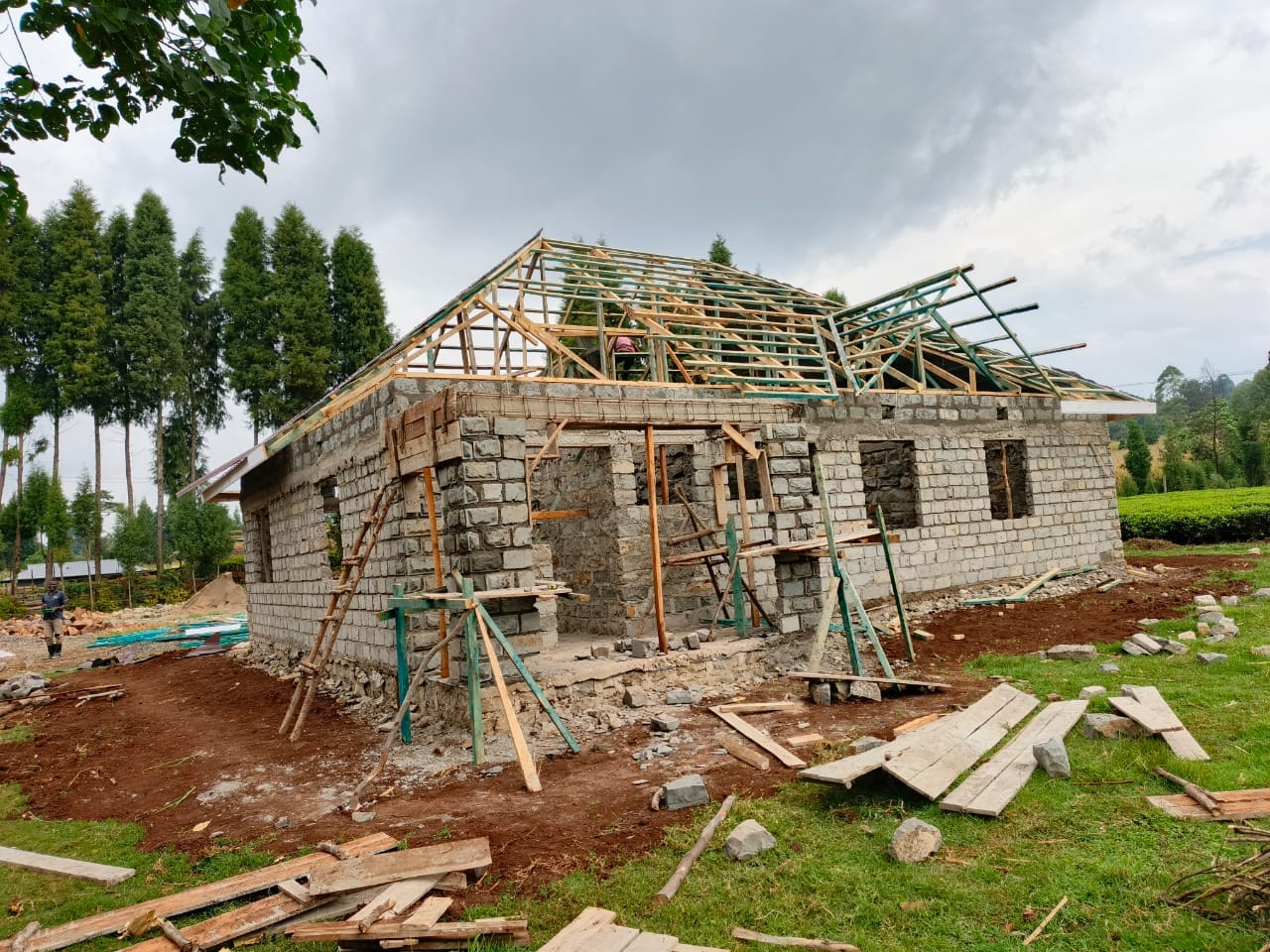

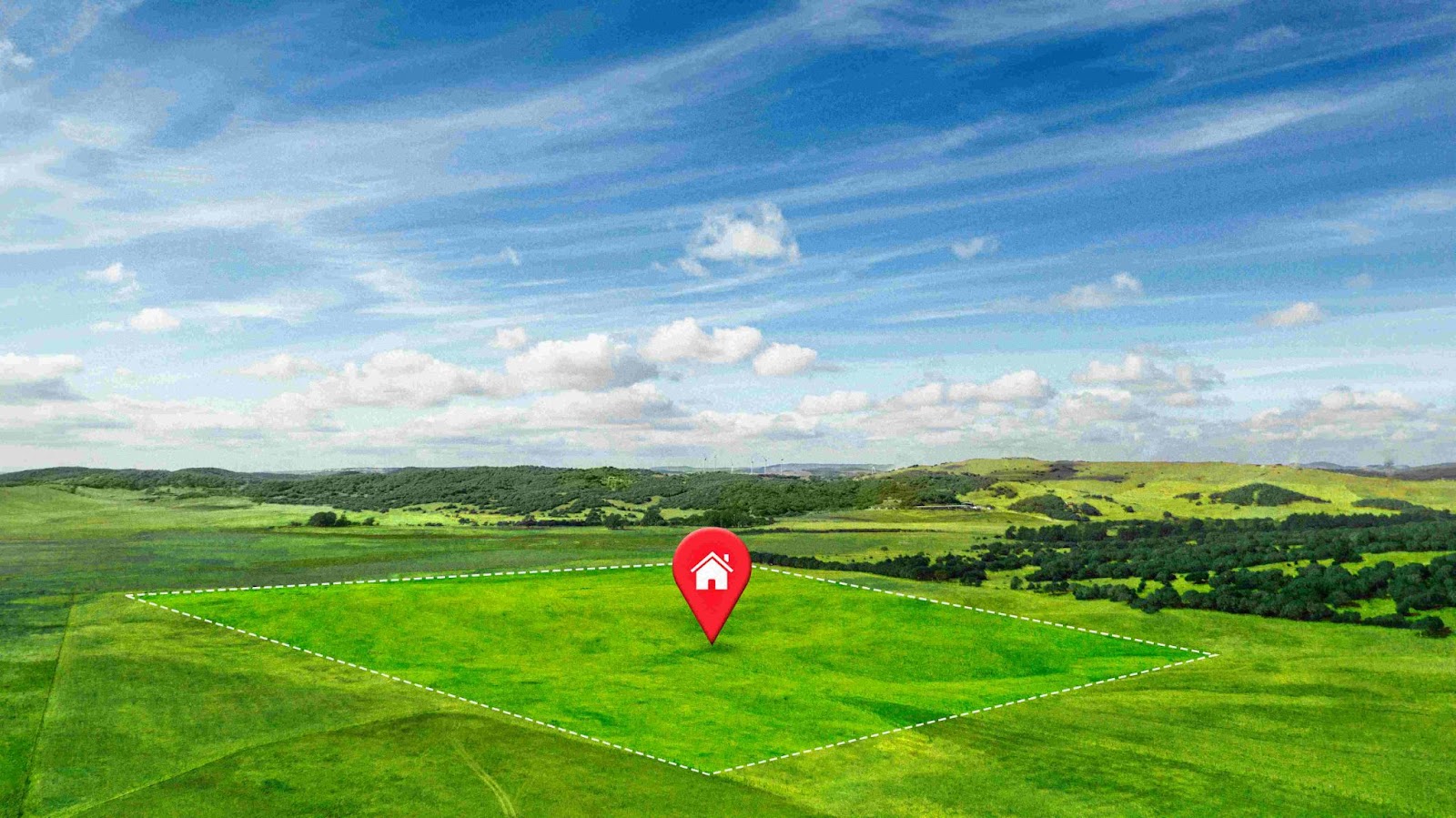
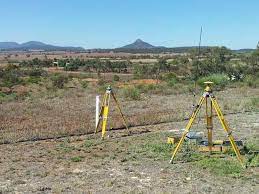

5 thoughts on “Cost of Land in Kiambu (2025 Buyer’s Guide)”
Comments are closed.